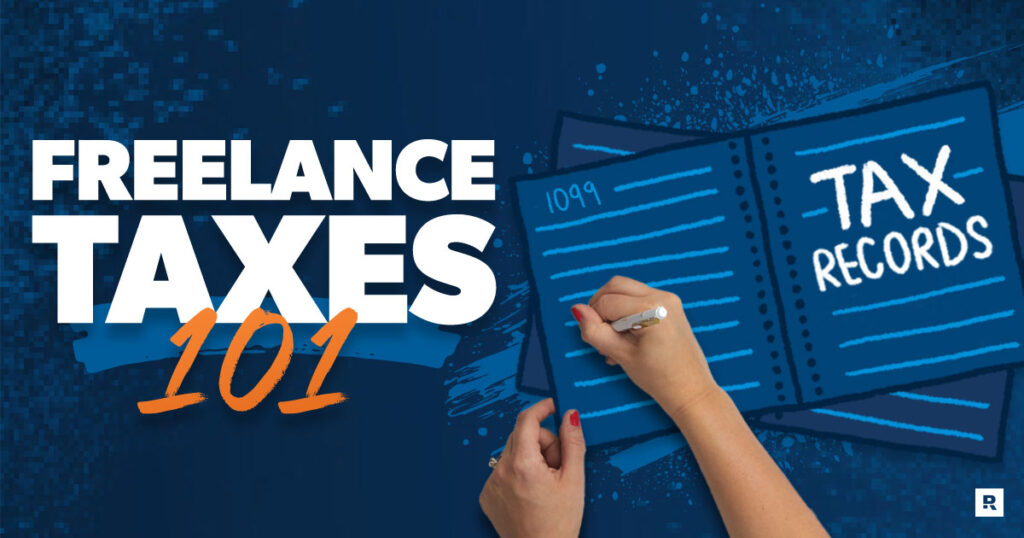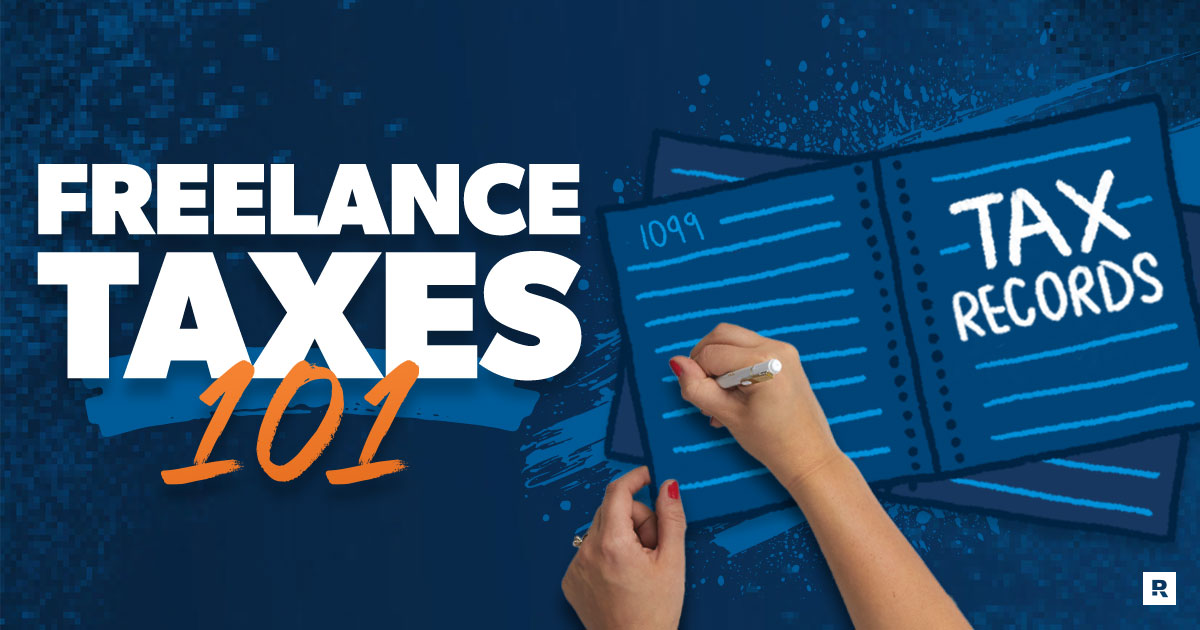Working online as a freelancer, blogger, YouTuber, or digital entrepreneur is an exciting way to earn money. But with this freedom comes responsibility—managing your taxes correctly. Whether you’re in the UK or the USA, tax rules for freelancers and online earners are different from traditional employees. In this guide, we’ll break down how freelancers can track income, file taxes, claim deductions, and avoid penalties in both the UK and USA.

Why Freelancers Need to Pay Attention to Taxes
No employer tax deductions – Unlike a regular job, your income isn’t automatically taxed. You are responsible for calculating and paying it.
Legal requirement – Failing to declare earnings can lead to penalties, audits, or even legal issues.
Better financial planning – Understanding tax obligations helps you save and invest wisely.
Claim deductions – Freelancers can reduce tax bills by claiming eligible expenses.
Tax Responsibilities for Freelancers in the UK
In the UK, freelancers are considered self-employed. Here’s how to manage taxes:
1. Registering with HMRC
You must register as self-employed with HM Revenue & Customs (HMRC).
This gives you a Unique Taxpayer Reference (UTR) number.
2. Tax Deadlines
The UK tax year runs 6 April – 5 April.
Online self-assessment tax return deadline: 31 January.
Payments are usually made twice yearly (January & July).
3. Types of Taxes You’ll Pay
Income Tax:
Personal Allowance (2025): £12,570 (tax-free).
20% basic rate (up to £50,270).
40% higher rate (over £50,270).
National Insurance (NI): Freelancers pay Class 2 and Class 4 contributions.
4. Expenses You Can Deduct
Freelancers can claim business-related expenses, including:
- Home office costs (electricity, internet, rent portion).
- Equipment (laptops, cameras, microphones).
- Travel costs (if business-related).
- Marketing/advertising expenses.
- Software subscriptions (editing tools, hosting, etc.).
5. VAT (Value Added Tax)
- If annual income exceeds £90,000 (2025 threshold), you must register for VAT.
- Many freelancers stay below this threshold to avoid VAT compliance.
Tax Responsibilities for Freelancers in the USA
In the USA, freelancers are considered self-employed independent contractors.
1. Registering & Reporting
No special registration is needed, but you must file a Schedule C (Profit or Loss from Business) with your tax return.
Clients paying over $600 will send you a 1099-NEC form.
2. Tax Deadlines
Tax year: 1 January – 31 December.
Annual filing deadline: 15 April (unless extended).
Freelancers often pay quarterly estimated taxes (April, June, September, January).
3. Types of Taxes You’ll Pay
Federal Income Tax: Based on income brackets (10%–37%).
Self-Employment Tax: 15.3% (covers Social Security & Medicare).
State Income Tax: Depends on where you live (some states like Texas, Florida, and Nevada have no state tax).
4. Expenses You Can Deduct
Freelancers in the USA can claim:
Home office deduction (if regularly used for work).
Internet, phone, and utilities (business portion).
Equipment & software (computers, cameras, editing tools).
Travel and vehicle expenses (mileage rates).
Business meals (50% deductible).
Marketing & advertising costs.
5. Retirement Savings
Freelancers can reduce taxable income by contributing to:
- Solo 401(k).
- Traditional or Roth IRA.
- SEP IRA.
How to Track Freelance & Online Income
Whether you’re in the UK or USA, keeping accurate records is key.
Tools to Use:
Accounting Software: QuickBooks, Xero, FreshBooks.
Spreadsheets: For basic income/expense tracking.
Separate Bank Account: Keep personal and business finances separate.
Common Mistakes Freelancers Make with Taxes
❌ Mixing personal and business expenses.
❌ Forgetting to save money for tax payments.
❌ Missing deadlines, leading to penalties.
❌ Not keeping receipts and proof of expenses.
❌ Ignoring quarterly estimated tax payments (USA).
Tips to Manage Taxes Better
✅ Open a business bank account for freelance income.
✅ Save 25–30% of income for taxes.
✅ Use apps to track receipts (like Expensify).
✅ Work with a tax advisor/accountant if income is high.
✅ Plan for retirement savings to lower taxable income.
Tax Differences: UK vs USA
| Feature | UK (HMRC) | USA (IRS) |
|---|---|---|
| Tax Year | Apr 6 – Apr 5 | Jan 1 – Dec 31 |
| Filing Deadline | 31 Jan (online) | 15 Apr (federal) |
| Self-Employment Tax | NI Contributions | 15.3% SE Tax |
| Personal Allowance | £12,570 tax-free | Standard Deduction: $14,600 (single, 2025) |
| Quarterly Tax Payments | Twice a year (Jan & Jul) | Four times a year |
Final Thoughts
Freelancers, bloggers, YouTubers, and online entrepreneurs in the UK and USA must take taxes seriously. While it can feel overwhelming at first, staying organized and understanding the system will save money and prevent penalties.
The key steps are:
Register properly with HMRC (UK) or IRS (USA).
Track income & expenses carefully.
Pay on time (quarterly or yearly).
Claim deductions to reduce taxable income.
Consult a tax professional for complex situations.
Managing taxes well not only keeps you compliant but also helps you grow your online business with peace of mind.

